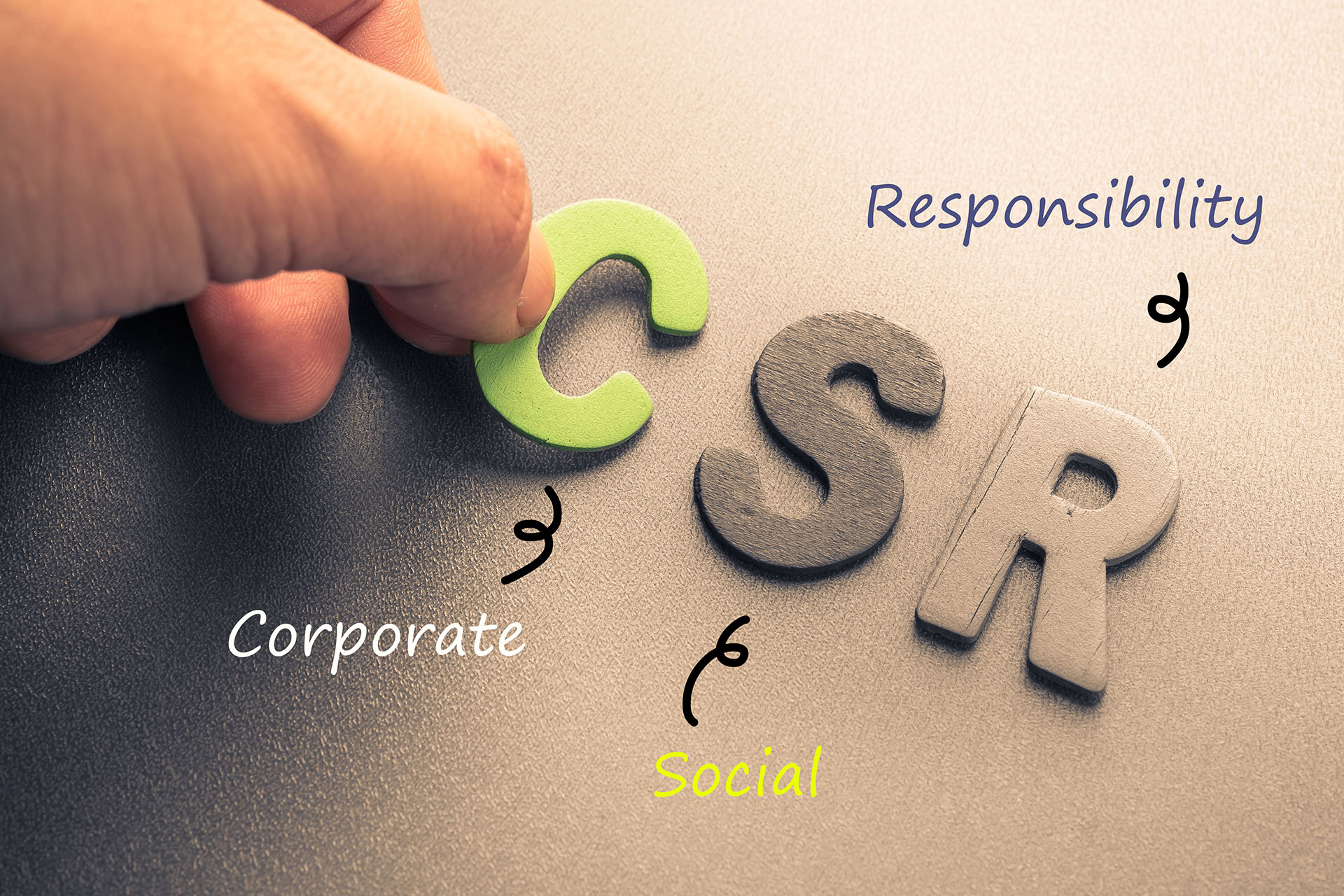The number of studies in sustainability doubles every 8 years. The green chemistry industry is set to grow to $100 billion by 2020. Over 43% of executives expect their companies to align sustainability goals with their corporate image. The International Society of Sustainability Professionals lists a dozen job boards geared toward sustainability professionals. Yes, the field of sustainability is growing.
And so are career opportunities. Careers in sustainability range from the highly technical to the administrative, with lots of room in between. In demand jobs include sustainability consultant, campus directors and managers, CSR professionals, green building professionals and investment advisors. Chief sustainability executives average over $165,000 in annual salaries. Even entry level managers earn over $40,000 with a median salary for managers of $72,000.
While campus sustainability director may be the hot career, opportunities are unlimited. Just as sustainability requires a systems approach, sustainability professionals can fit anywhere in the system. In the most recent Certified Sustainability Practitioner Program led by the Centre for Sustainability and Excellence (CSE), professionals in Human Resources, HSE, real estate, NGOs, manufacturing, apparel, food and beverage and environmental consulting attended. Energy companies, government agencies, NGOs and most of the Fortune 500 have been represented.
Why would seasoned professionals and those new to the workforce take on more education? Improving credentials can lead to a pay boost, facilitate upward mobility, ensure job security, and increase an employee’s value to their company.
Most importantly, those acquiring skills in sustainability have an overriding love of and concern for humanity. Whether the concern be directed toward water or food, waste or energy, human rights, employee satisfaction, livability or prosperity, sustainability practitioners work toward a better world.
With legislation increasing year after year, stakeholders demanding attention to environment, social and governance factors, with the triple bottom line at stake (people, planet, profit), corporations and organizations need professionals ready to handle the nuances of intertwined systems. They need employees trained to see the value-added of a sustainable supply chain and the pitfalls of greenwashing.
Sustainability skills can come from an expensive degree or “on the job” (with inevitable mistakes and time-consuming trial and error). CSE offers an in-person Certified Sustainability Practitioner Program, held around the world, next in Dubai, Nov. 26-27, 2017, and Atlanta, March 8-9, 2018. The Sustainability Academy offers online, affordable, self-paced courses that range from the fundamentals to specialized topics such as Social Return On Investment. CSE has over 10 years of experience, and Nikos Avlonas, president and founder of CSE, was recognized as a CSR Professional of the Year by PR News in 2017.
However, you choose to secure your sustainability education, with global crises manifesting daily and increased consumer concern, you know there is and will be an endless demand for your sustainability skills.









